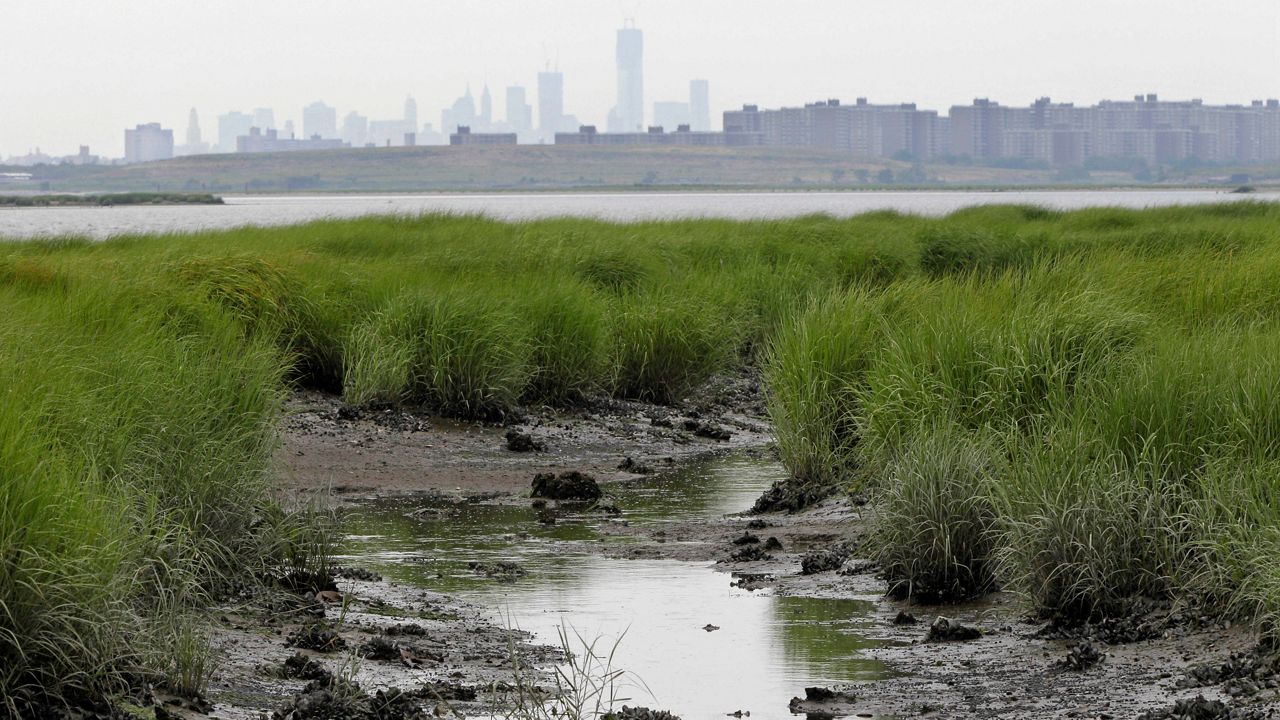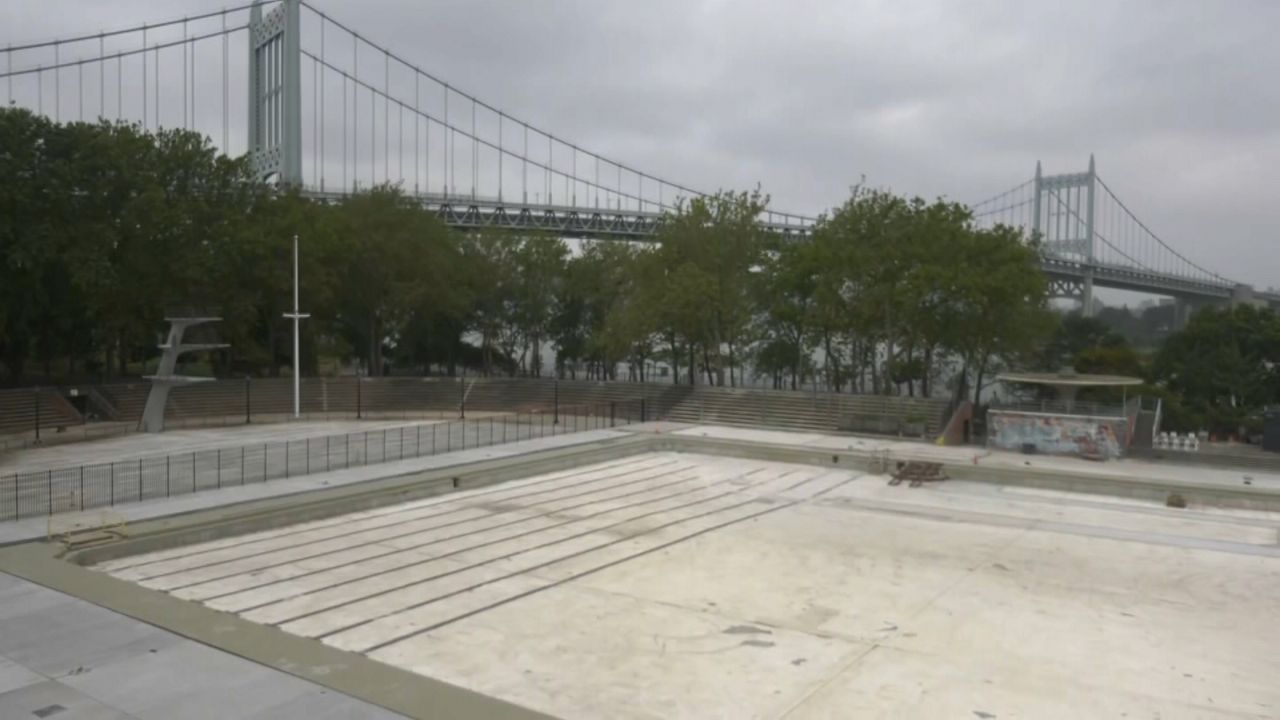When a water main breaks, it can cause havoc underground, and in the streets.
Stopping the rupture of the pipes that carry New York City water is the job of a leak detection team from the city’s Department of Environmental Protection (DEP). You might call them pipe doctors.
“Similar to when you go to a doctor’s visit and he gives you the stethoscope, we use the equipment to listen for water escaping pipes,” said Tasos Georgelis, deputy commissioner of the Bureau of Water and Sewer Operations at DEP.
The team works by night, because it’s quieter and easier to hear without the sounds of the city. They use a device called an Lmic, which can be attached to a water valve to listen for sounds indicating a main or a pipe is leaking.
Typically, a crew hits 40,000 feet of main each night. If they hear nothing, they move on. If they detect a leak, more high tech acoustical equipment is brought in to pinpoint exactly where the leak is so it can be repaired.
“What we look for is low points and then a peak, and that’s how we find where the leak is,” said Andres Serrano, a DEP construction laborer using a correlator device to help detect the location of a leak in Corona, Queens.
So far, in the fiscal year that started in July 2023, the city has had the fewest amount of water main breaks on record. Only 55 breaks occurred compared to 95 over the same period the year before. The DEP attributes the decrease to the work of this team and more advanced gear.
“The technology is getting better and the crews are getting better, so now they are getting trained on the new equipment and we are picking up stuff early on,” said Georgelis. “We always want to catch a leak before it becomes a water main break.”
Using the detection equipment, the team was able to pick up on 80 leaks that could have become water main breaks.







 DNT Qns Sunnyside Fire CLEAN)

